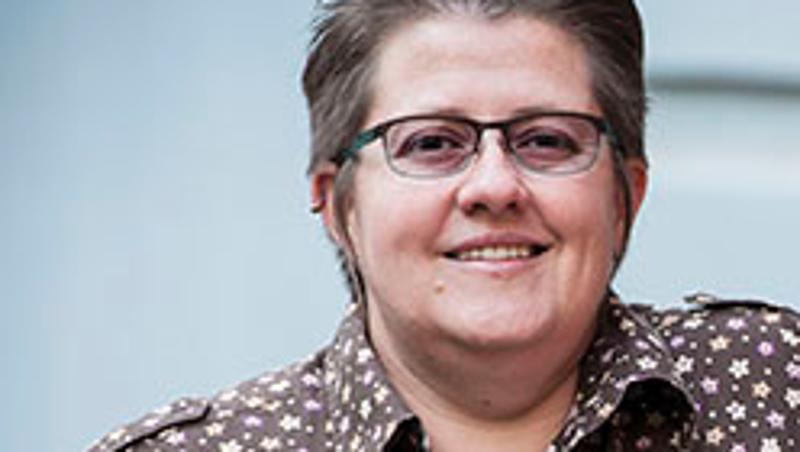
With around one in 10 medical prescriptions containing errors, the federal government is funding QUT to develop new guidelines for assessing medical students and others who learn prescribing skills.
The project, led by Professor Lisa Nissen, head of Clinical Sciences at QUT and Dr Paul Bennett a senior lecturer also in the Faculty of Health, has attracted $294,000 in federal Department of Education funding.
Professor Nissen said prescribing was a very complex task and errors could have significant health impacts on patients and even result in death.
Australian research has shown there are around 80,000 medicine-related hospital admissions each year with about 30,000 of these being preventable. They account for around three per cent of all hospital admissions.
Professor Nissen said the most common medications incorrectly prescribed included nonsteroidal anti-inflammatory drugs (NSAIDs,) anticoagulants, antirheumatics, antihypertensives and cardiovascular agents.
Professor Nissen said the problem was not unique to Australia with research in the UK finding that one in 20 prescriptions written by GPs contained an error with one in 550 being a serious error.
"The most common errors related to 'incomplete information' being provided by doctors and included a failure to adequately monitor medications (e.g. anticoagulants) and also prescribing medications that patients were known (documented) to be allergic to," she said.
Professor Nissen said there was a need to ensure all health graduates in Australia had well-defined prescribing skills, where needed, to enable them to competently prescribe medicines for patients.
"Students studying a range of disciplines at universities across the country learn prescribing skills so the tools we develop will be comprehensive and of benefit to universities Australia wide, but ultimately it's patients who will benefit the most," Professor Nissen said.
"We will investigate existing assessments used to evaluate prescribing competency and develop a toolkit to guide future assessment processes.
"The toolkit will be developed in conjunction with other universities and teaching bodies who currently teach prescribing."
Professor Nissen said the toolkit would comprise overarching principles identified in the National Prescribing Competencies Framework and specific assessment methods for use in relation to the many healthcare disciplines in university and clinical settings.
The prescribing project was one of four category one learning and teaching research projects awarded to QUT. As lead institution QUT secured almost $1 million in federal funding.
The other QUT projects are:
•Enabling connected learning via open source analytics in the wild, led by Dr Kirsty Kitto, $320,000. This project will develop an open source toolkit to enable students and academics to explore and analyse student behavior while learning and enable teachers to intervene to facilitate enhanced learning experiences using social media.
•Indigenous cultural competency for legal academics program, Marcelle Burns, $299,000. This project will build Indigenous cultural competency in legal academics through the development and delivery of a program for embedding Indigenous knowledge in legal education to arrest the low completion rates of Aboriginal and Torres Strait islander people completing Bachelor of law programs across universities.
•Developing co-operative education in the built environment through post-occupancy evaluation, Lyn Alderman, $50,000.
Announcing the funding Education Minister Christopher Pyne said the projects were designed to explore and develop new ways of teaching.
Professor Nissen also led a team who achieved third place in an international teaching award, the Wharton-QS Stars Awards held in Philadelphia this month which celebrate the 'Oscars' of innovation in higher education.
Professor Nissen's team was placed third in the Nurturing Employability Award for the HealthFusion Team Challenge which is an internationally recognized, extracurricular competition for senior students in the health sciences. The challenge provides students from 20 different health disciplines opportunities to develop and demonstrate expertise in teamwork through realistic scenarios that must be solved.
Professor Suzi Vaughan, Deputy Vice-Chancellor (Learning and Teaching) said the recent grant outcomes were testament to QUT's commitment to excellence in research in learning and teaching.
She said they also complemented the institution's strong commitment to excellence in teaching with Associate Professors Rachael Field (Faculty of Law) and Dann Mallet (Science and Engineering Faculty) receiving two of the 16 Australian Awards for University Teaching (Teaching Excellence Awards) earlier in this month.
Media contact: Rose Trapnell, QUT media team leader, 07 3138 2361 or 0407 585 901 rose.trapnell@qut.edu.au


